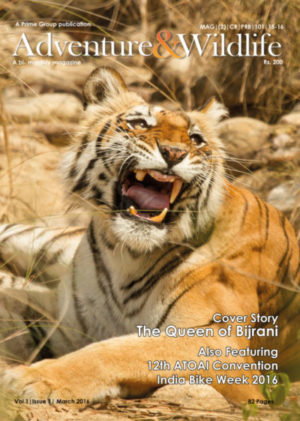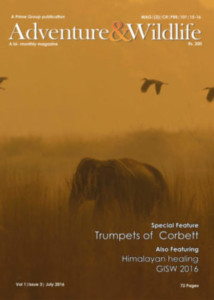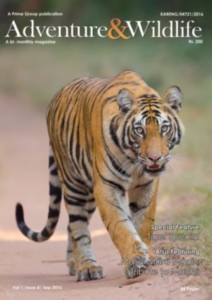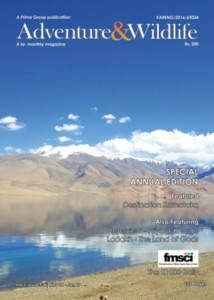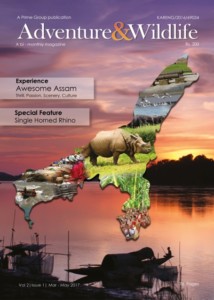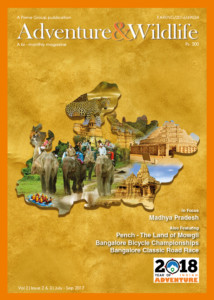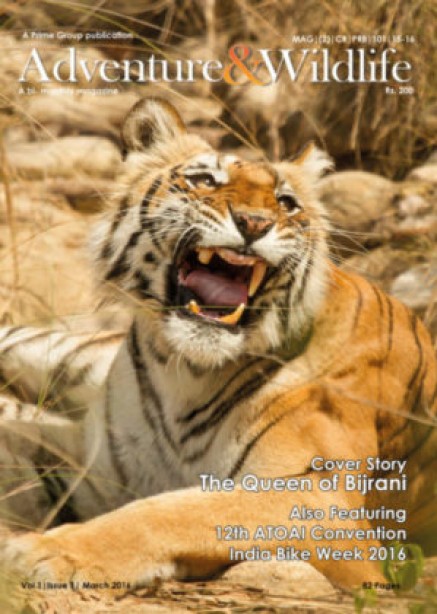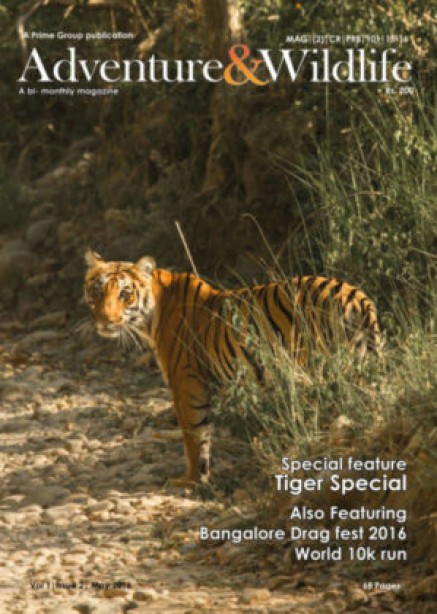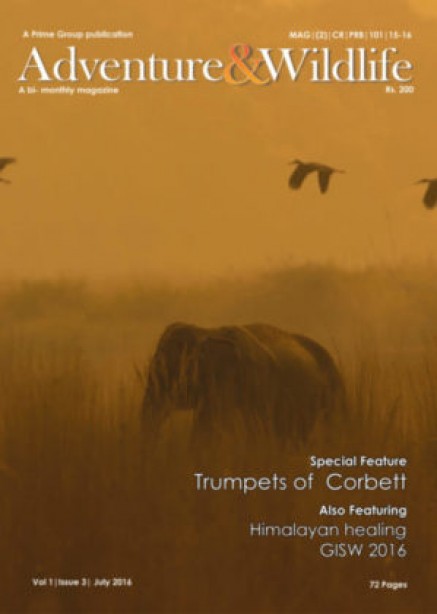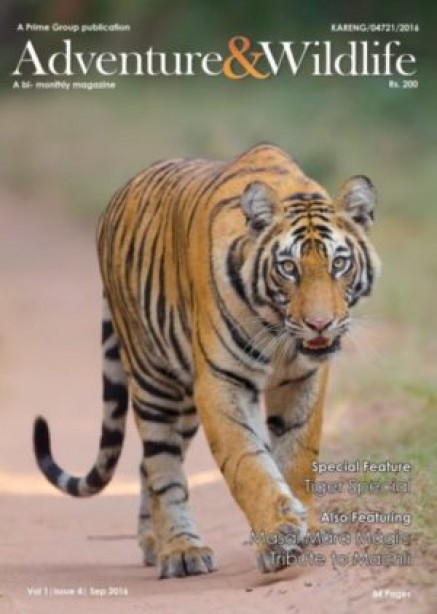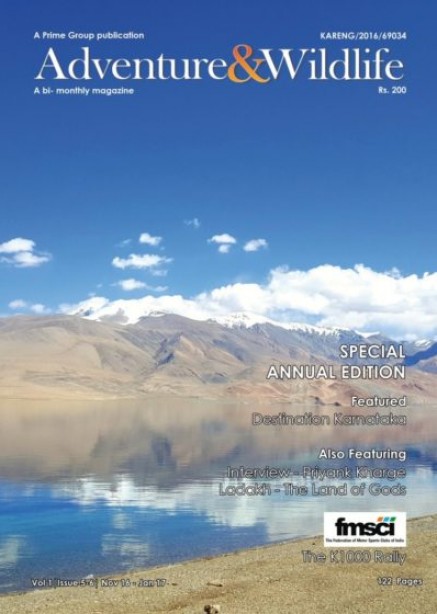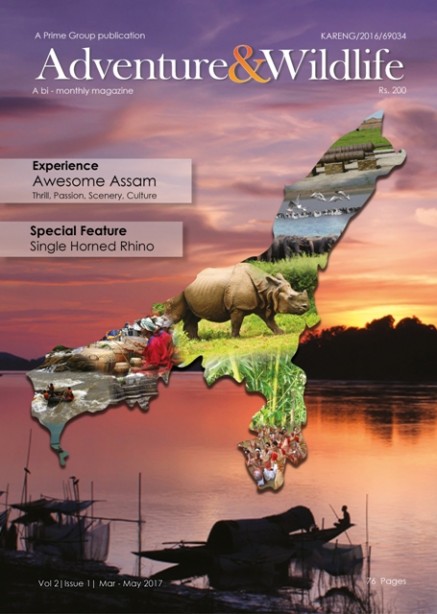
51 rescued Indian Star tortoises brought back from Singapore
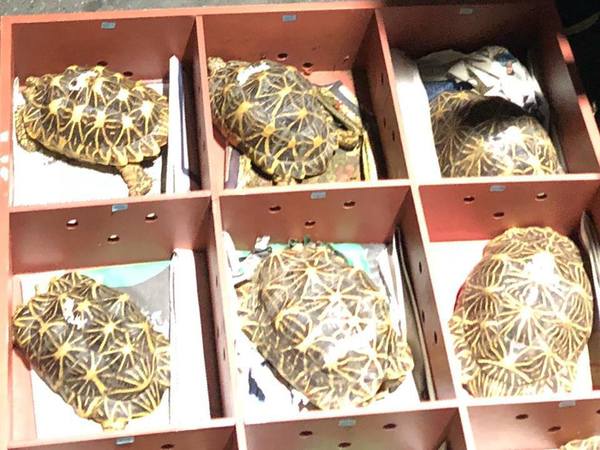
Bengaluru, Nov 28: The tortoises have landed! 51 Indian star tortoises coveted for their star-patterned shells have safely made the journey from Singapore back to their native home, India. A total of 190 tortoises were confiscated by the Singapore authorities, of which 50 were rescued by Wildlife SOS India and ACRES Wildlife Rescue Centre, a Singapore-based non-governmental organisation, with the help of the Forest Department and brought back to India.
Wildlife SOS India and ACRES Singapore have repatriated over 50 Indian Star Tortoises that were sold into Singapore as victims of illegal wildlife trafficking. But why the VIP treatment?
This is the largest number of Indian star tortoises coveted for their star-patterned shells to be repatriated from Singapore. Their striking, intricate appearances make them an easy target for poachers, who are often part of organised crime rings that profit from animal trafficking. Known for the unique star-like radiating pattern on their shell, Indian Star Tortoise is poached mainly for their body parts and meat. There is also a large demand for these protected species who were tagged as ‘vulnerable’ by the International Union for Conservation of Nature in 2016, as exotic pets.
However, they are shielded in India under the Wildlife Protection Act, 1972. Lucky few The lucky few saved by the Animal Concerns Research and Education Society (Acres) are just a fraction of the estimated 10,000 to 20,000 taken from the wild to meet the international demand for exotic pets, according to the Singapore daily.
Acres has cared for the star tortoises for more than eight years at its premises at Jalan Lekar in western Singapore. The organisation has spared no expense to provide varied and tailored diets for the tortoises, along with intensive veterinary care and healthy environmental conditions to keep them fit for travel.
A three-member team from Wildlife SOS India including veterinary director Arun A Sha, special projects manager Wasim Akram and Communication and press officer Arinita Sandilya accompanied the reptiles from Singapore. They were joined by a three-member team from Acres Singapore led by Anbarasi Boopal – deputy CEO.
The star tortoises are placed in quarantine. They shall be monitored, tagged with transmitters and released into a protected reserve in Karnataka. “I am relieved that these tortoises are finally coming back to where they belong,” Kartick Satyanarayan, co-founder and CEO of Wildlife SOS, said. Rescued tortoises will be kept under observation for 3 months. The 50 tortoises have been let out in a quarantined area, where they will stay for three months.
It was learnt that the tortoises were transported in specially designed boxes for the long plane journey and upon arrival in India, received by a team from Wildlife SOS including co-founder Geeta Seshamani and former Chief Wildlife Warden and Head of forest force of Karnataka BK Singh. Investigations confirmed Karnataka was the origin of the tortoises.
With the help of the microchip, height, weight and health of the tortoises will be monitored periodically. After monitoring their behaviour and adaptability, a decision will be taken on when and where the tortoises shall be released. How they were trafficked The smugglers would send the tortoises in cargo with perishable products. They were mainly poached for their meat and exotic status. For nearly two years the animals were staying in Singapore, which has a moist climate when compared to the natural forests of the Western Ghats.
The star tortoises were rescued from a variety of places in Singapore, such as roadsides, local households, where they were ill-treated, and the briefcases of smugglers. Anbarasi Boopal, deputy chief executive of Acres, said, “The odds never favoured us, but our perseverance and sheer will, together with support from Wildlife SOS India, paved the way for us to repatriate these animals.” She added that this is not the first time that star tortoises have been repatriated. They struggled to cope- up in Singapore The Indian star tortoise is not native to or suited to living in Singapore, as it struggles to cope with the humid environment.
The species is native to Gujarat and Rajasthan in north-western India and a small area of south-eastern Pakistan, which are cooler, arid regions. However, according to Acres, the star tortoises are often kept illegally as pets in Singapore and not cared for properly. Owners often feed them supermarket-bought vegetables, which do not come with the calcium and vitamins required to keep their shells healthy. Little is known about how to best care for and feed Indian star tortoises, particularly about their diet. The 51 kept at Acres were fed vegetables and flowers, with additional calcium and vitamin supplements.
The organisation found that some of the tortoises were suffering from soft shells or organ failure, as their shells had not grown big enough to house their bodies. It cost Acres Singapore dollars 6,000 a month to care for the 51 tortoises and another Singapore dollars 1,000 per tortoise to send them back to India in a special cargo crate. The Indian star tortoise is on its way to being listed as “vulnerable” by the International Union for Conservation of Nature, one step down from “endangered”.
Source: https://www.oneindia.com/india/star-treatment-for-51-rescued-indian-tortoises-brought-back-from-singapore-2814381.html

